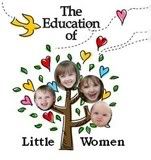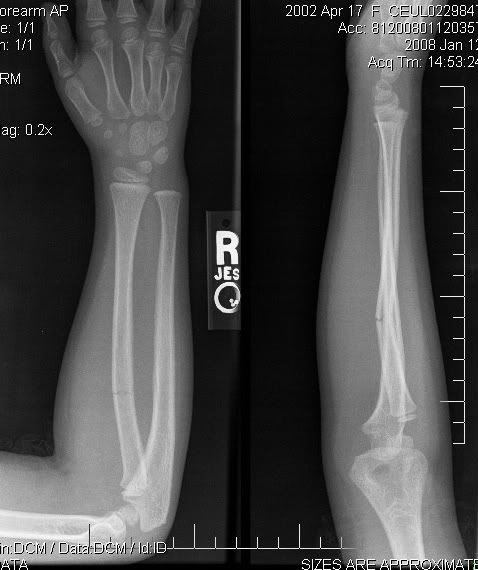A Thomas Jefferson Education
Not long ago, a friend of mine asked me to read a book called "A Thomas Jefferson Education." She was inspired by the book and thought I (we-other members of our homeschool group) would be inspired as well.
Quite honestly, I read parts of it, but with the busy holiday season I didn't really absorb it. From her descriptions, though, I knew it might be something I'm interested in. From the little information I had, we decided to attend the first colloquium she hosted which included the seminar: "Face to Face with Greatness: “The Four Lost American Ideals” by Dr. Demille. It was really informative and, quite honestly, sparked a passion in me I haven't felt in a couple years.
This set me off on a reading mission. I didn't find many of the books I need at the bookstore, so I've had to order them online. They include the book I mentioned above and the book Leadership Education: The Phases of Learning. I also bought a bound book/reproduction of The Declaration of Independence and The Constitution, Orthodoxy by GK Chesterton and a book about the founding fathers.
To round out my week of inspiration, I attended an online class called "Inspiring and Responding: Nurturing a Love for Learning in the Hearts of Our Children." Which led me to read a bit more about TJEd online.
The result? A re-evaluation of my educational philosophy.
I know, from personal experience, that when I'm passionate about something I will literally spend hours and hours learning about my passion. If I need to know the answer to something, I will go to great lengths to learn the answer.
And important facet of a TJEd education is:
"Inspire instead of Require."
I've done my share of requiring over the last few years, but for the most part, I've tried to inspire. We started with a Math curriculum that was so very repetitive it was making ME crazy so instead of requiring all of the silly repetitiveness, we picked a few problems per lesson and solved them, then moved on to the next. Even that got boring, so I found a Math Games book at the library and we started playing math games that the kids love. We spend time at the zoo, museum, park and camping as a family, we read and learn things together.
But I've also made the mistake of gross overscheduling. After taking a three month hiatus from most of our activities, I realized that I had fallen into the public perception trap: that unless I socialize my children OFTEN they will have problems. Because, after all, kids should be in school to socialize.
In my core, I just felt that something was wrong with the way we were doing things. We had little time at home together--which was one of the main reasons we homeschool. The girls had less and less time to just "play" together and our home was falling into complete disarray.
I read something after our first colloquium that just "clicked" for me:
"The establishment of the Core occurs roughly between the years of 0-8; the maintenance and nourishment of the Core is a life-long process. …This consists of the lessons of good/bad, right/wrong, true/false, and is accomplished through work/play....Spend most of his time at home with his family, being nurtured and loved" ---Oliver Van DeMille, A Thomas Jefferson Education, 2nd Edition, pages 31-32
A-ha! That's why I was feeling unsure about our direction. Before our hiatus, we had two music classes on monday (one for A and one for K), A 3-4 hour co-op on Tuesday morning with a few other families then an hour of playtime followed by an hour of gymnastics, on Wednesday we often had a field trip and then later swim lessons, Thursday was our only down day (though we often filled it with a field trip) and Friday K has an all-day once-a-week school. Our weeks were packed!
And just when I was receptive, TJEd dropped in my lap. God works in mysterious ways. Another facet of TJEd is a center around your "core book." You decide what that core book is. Of course for us, it's The Bible. It's what teaches us our morals and values. It's the basis for how we decide our mission in life.
TJEd is leadership education. One of our reasons for homeschooling is to create adults who can think critically, are leaders, and have a sense of the purpose and mission that God has for them.
From the TJEd.org website:
"Leadership Education has three primary goals. First, to train thinkers, leaders, entrepreneurs, and statesmen—those with understanding and competence to lead society (do things right) and the moral character to act with integrity in the areas they lead in (do the right thing). Second, to perpetuate freedom by helping people understand what freedom is and what must be done to maintain it, and inspiring them to actually do the difficult things required to make it happen. Third, teach students how to think, which is how the first two goals must be accomplished. Those who know how to think are able to lead effectively and help a society remain free and prosperous, while those who know only when or what to think will be unable to do so."
I could ramble on and on, but it's late.















0 comments:
Post a Comment